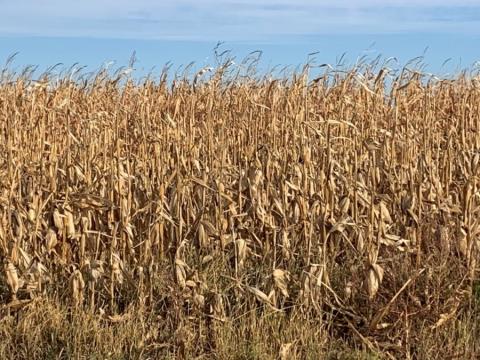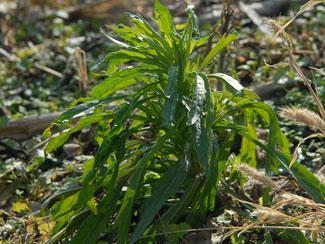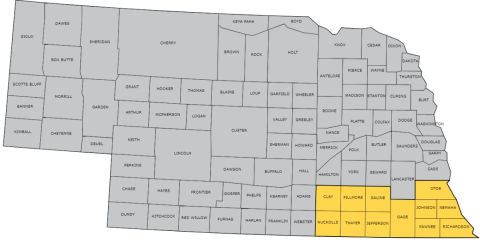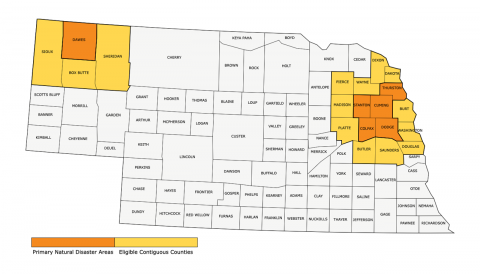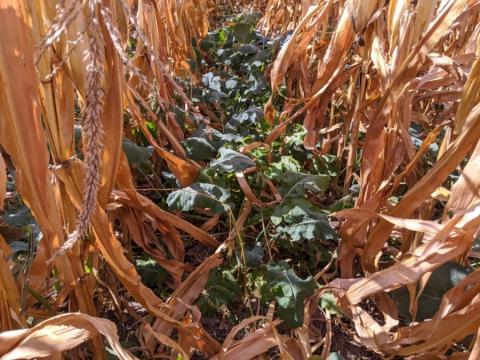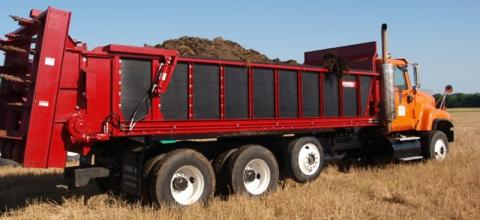Nebraska Crop Progress and Condition for Oct. 11
October 11, 2020
Corn harvested was 34% which is ahead of average, while soybean harvest was well ahead of average at 82%, according to the USDA's National Agricultural Statistics Service. Winter wheat was 89% planted and 60% emerged. Sorghum harvested was 31% and dry edible beans harvested was 87%.
Extension Crop and Pest Reports (Oct. 12-16)
October 15, 2020
Extension educators report on what they are seeing in the fields this week in Butler, Polk, Clay, Fillmore, Nuckolls, Thayer, Brown, Boyd, Cherry, Holt, Keya Paha & Rock counties.
Identifying Fall-emerging Weeds
October 30, 2023
Can you identify henbit, field pennycress, prickly lettuce and other fall-emerging weeds? Marestail in particular may be a problem this fall and require an alternate herbicide as the majority of marestail in eastern Nebraska is resistant to glyphosate and ALS-inhibiting herbicides.
Corn, Soybean Harvest Continues Ahead of Normal
October 4, 2020
Corn and soybean harvest continued ahead of the five-year average with 21% of corn and 55% of soybean harvested. Winter wheat planted was 80% (near the average) with 33% emerged, which is behind the average. Sorghum and dry bean harvest were slightly ahead of average, according to the USDA's National Agricultural Statistics Service.
New Series on Soybean Micronutrient Management in Southeast Nebraska
October 8, 2020
We are bringing you an extended series of CropWatch articles on micronutrient fertility and plant nutrition for soybean production in southeast Nebraska.
USDA Designates Six Nebraska Counties as Primary Natural Disaster Areas
October 8, 2020
Producers in Colfax, Cuming, Dawes, Dodge, Stanton and Thurston counties who suffered losses due to recent drought may be eligible for emergency loans.
Extension Crop and Pest Reports (Oct. 5-9)
October 8, 2020
Extension educators report on what they are seeing in the fields this week in Dawson, Buffalo, Hall, York, Seward and Box Butte counties.
Managing Weed Seeds in Manure
October 8, 2020
A survey found that fresh manure on dairy farms had an average of 75,000 seeds per ton. But, luckily, there are some measures that can be taken to reduce the viability of those weed seeds.
